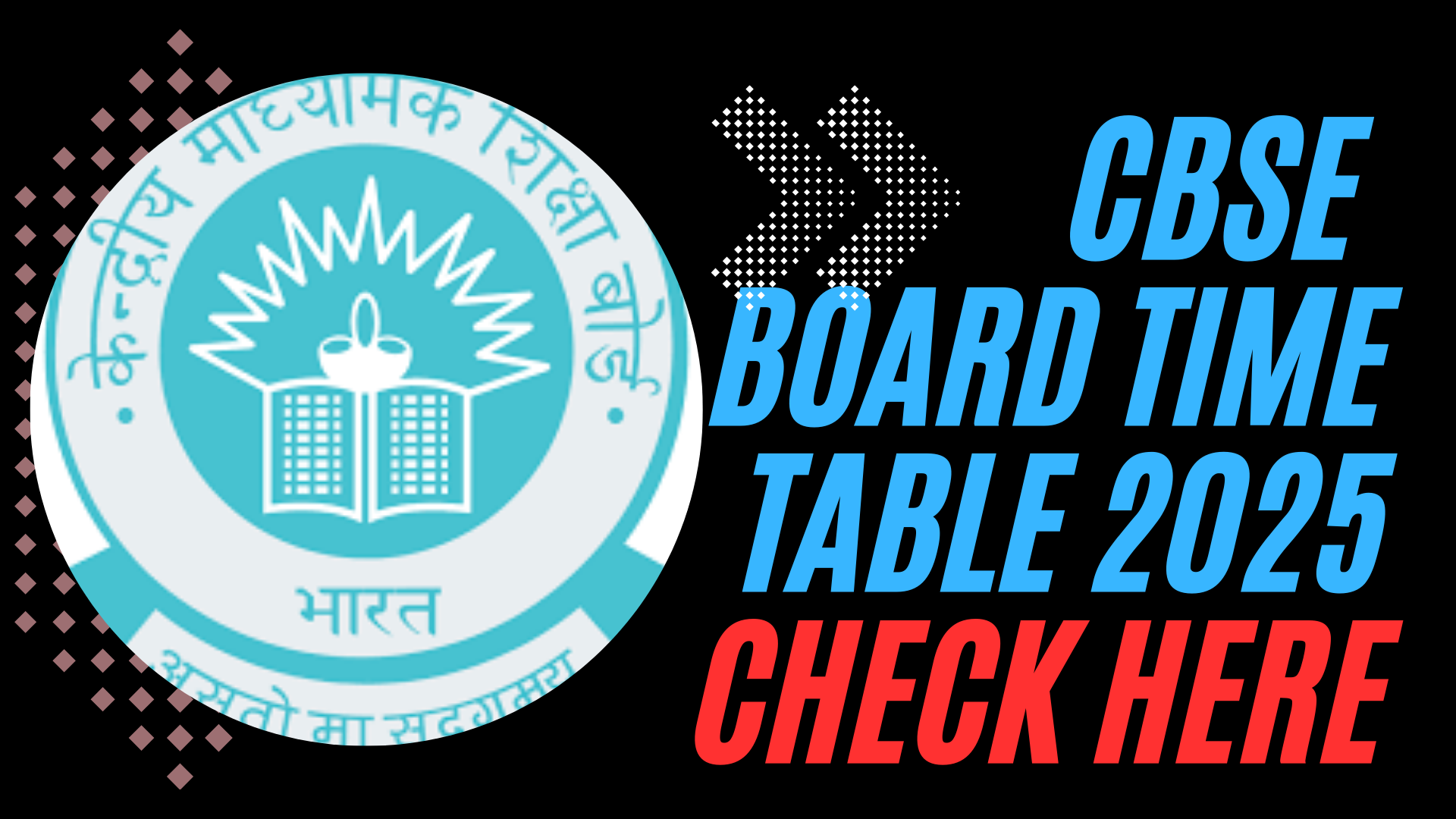What is the SAMARTH Scheme?
The Scheme for Capacity Building in Textiles Sector (SAMARTH) is a demand-driven and placement-oriented initiative designed to create jobs in the organized textile sector. It covers the entire value chain of textiles, with the exception of spinning and weaving. The program also includes upskilling and re-skilling for existing workers, focusing primarily on the Apparel & Garmenting segments to improve productivity.
Key Objectives:
- Job Creation: To incentivize and supplement industry efforts in creating employment opportunities.
- Upskilling: To improve productivity through re-skilling programs, especially in the Apparel & Garmenting sectors.
Implementing Agencies:
The skilling program under the SAMARTH Scheme is carried out through the following entities:
- Textile Industry Associations
- Government institutions or organizations under the Ministry of Textiles with placement tie-ups.
- Training institutions, NGOs, startups, and companies active in the textile sector, with strong industry links.
Achievements So Far
The Ministry of Textiles, along with its implementing partners, has made notable progress:
- 3.27 lakh candidates have been trained under the scheme.
- 2.6 lakh candidates (around 79.5%) have been successfully employed, demonstrating the scheme’s effectiveness in securing job placements.
- The scheme emphasizes women’s empowerment, with 2.89 lakh women (88.3%) having received training, highlighting its strong focus on gender inclusion.
Aims for the Future
With the recent extension, the government aims to continue expanding skill development and employment opportunities in the textile sector. The initiative is poised to boost India’s textile industry by addressing skill gaps, creating more jobs, and promoting women’s participation in the workforce.
Nodal Ministry:
The Ministry of Textiles serves as the nodal ministry for the SAMARTH Scheme, driving its implementation and monitoring progress.





